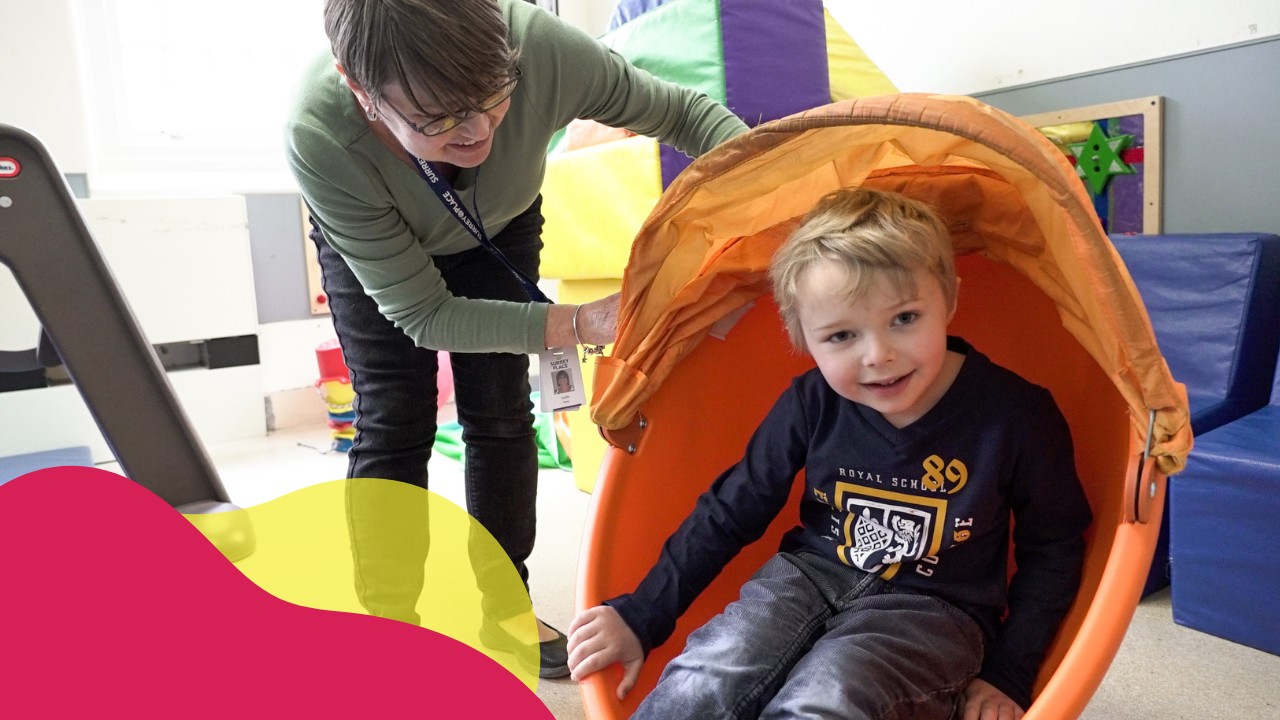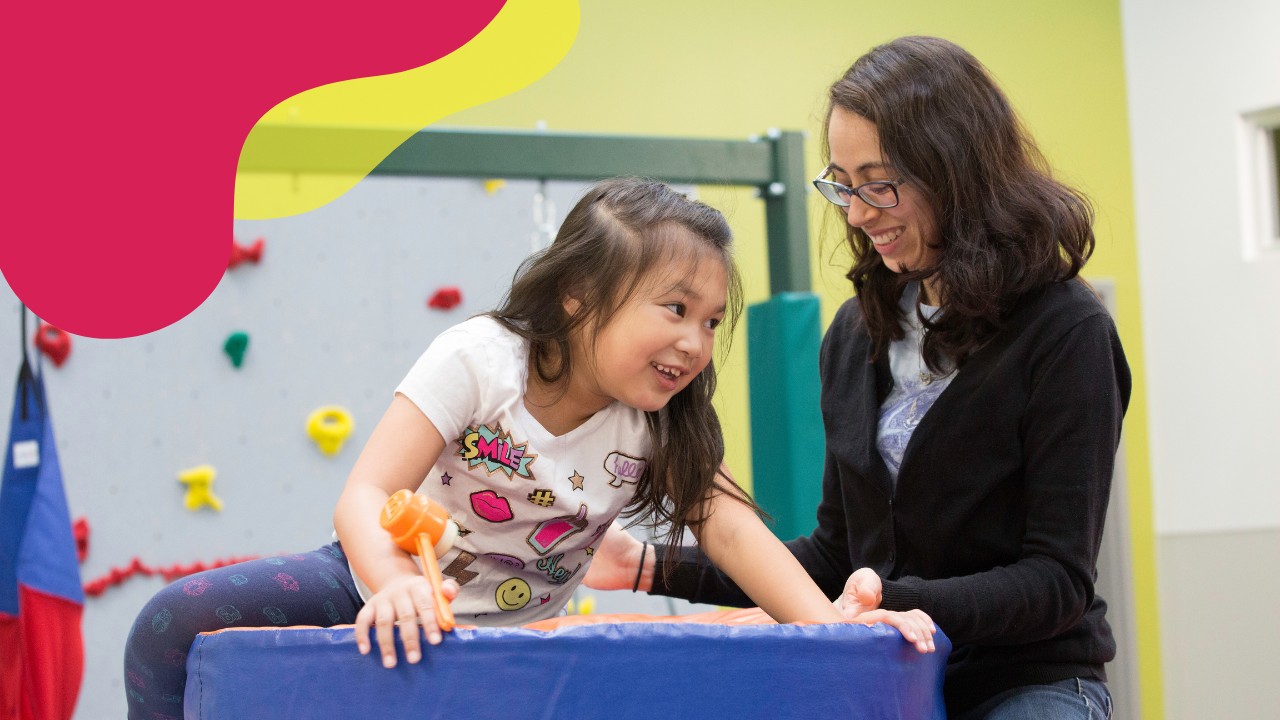The skills, programs and services you need to know about.
Getting an autism spectrum disorder diagnosis for your child can bring up a range of emotions. Whether you’re worried, overwhelmed or even relieved, “it’s a different experience for every parent and that’s absolutely okay,” says Dr. Nancy Freeman, a clinical psychologist and director of core autism services at Surrey Place, a not-for-profit organization serving people with ASD in northwestern Ontario and the Toronto area.
The common goal among most parents of newly diagnosed children? To find support and get started right away. And while wait times are a reality for some publicly funded services, others, like some of those provided through Surrey Place, are often available immediately, getting kids well on their way with valuable services. Discover the most important thing to keep in mind after a diagnosis, learn about the range of autism services available and how to access each.
Practice acceptance around the ASD diagnosis
Even if you knew ASD was a likely diagnosis, the confirmation can be jarring. The first thing Dr. Freeman wants parents to remember is that your child is the same as they were before the diagnosis. The ASD label doesn’t change who they are. “From there, we can help parents understand why their child may have had some challenges with learning or why their behaviour seemed different than other children their age,” she adds.

Get registered for autism services
The next step for families, advises Dr. Freeman, is to register with the autism program in their province. In Ontario, it’s the Ontario Autism Program (OAP) and it’s the gateway to a range of publicly funded services, many of them offered at Surrey Place.
Registering with OAP gives you access to free services and can also provide funding to families for the costs of paid core clinical autism services, determined by a child’s needs. These paid services usually have waiting lists. They include evidence-based practices such as applied behaviour analysis (ABA), and intensive behavioural intervention (IBI), which support a child’s development in areas such as communication, play and social skills, self-care, and learning readiness skills. Other services include occupational therapy and speech-language pathology.
Free services include Foundational Family Services, Caregiver-Mediated Early Years Services and the Entry to School Program, which are available at Surrey Place. While any program can have a waiting list, Dr. Freeman says that many of the free services are available immediately.

Access free autism services and programs
According to Dr. Freeman, children with ASD have a wide range of strengths and challenges and benefit immensely when their parents are active, engaged and informed about their needs. Foundational Family Services coaches parents on therapeutic strategies to support their child’s learning and development. This includes family and peer mentoring, caregiver workshops, brief personalized consultations, transition supports and family resource clinics. “The strategies taught in these sessions help families to cope with a new diagnosis, develop early play skills in children such as imitation and turn-taking and increase their self-help skills,” says Dr. Freeman. Getting started with foundational family services also equips parents with a stronger knowledge base when paid services begin.
Caregiver-Mediated Early Years Services are available by invitation to eligible OAP-registered families. This program is designed to teach children aged 12 to 48 months new skills and meet personalized goals in communication, social interaction and emotional development. “That’s the beautiful part of this program,” says Dr. Freeman. “Families will learn techniques from professionals based on their child’s individual needs.”
An ASD diagnosis may feel daunting but professional and peer support are there for you and your family at Surrey Place. Get started today by visiting surreyplace.ca/now-what. “Navigating an autism diagnosis can come with both rewards and challenges,” says Dr. Freeman. “Families are not alone. I encourage them to take advantage of the free services and resources available to help them navigate the process and learn how to best support their child.”

